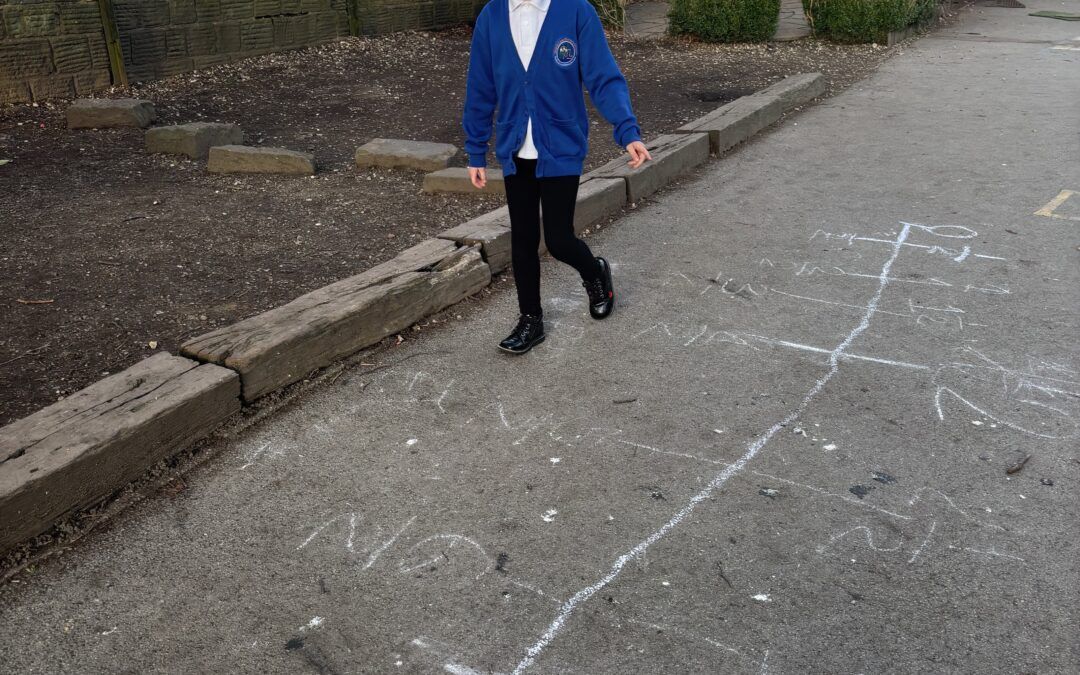Outdoor Teaching Ideas for KS1: Engaging Outdoor Learning Activities
Why Outdoor Learning is Essential for KS1
Outdoor learning is a powerful tool for Key Stage 1 (KS1) learners, helping them develop essential skills through exploration, movement, and hands-on experiences. Studies show outdoor education enhances problem-solving, teamwork, creativity, and physical well-being. It also improves concentration and encourages children to develop a lifelong love for learning.
For structured outdoor learning lesson plans, visit The Muddy Puddle Teacher, a leading platform for outdoor education resources.
Top Outdoor Teaching Ideas for KS1
1. Outdoor Maths Activities
Make numeracy engaging by taking lessons outside:
- Counting in Nature – Use leaves, stones, or flowers to practice counting in multiples.
- Outdoor Shape Hunt – Find and classify shapes in the environment (e.g., windows, playground markings, tree trunks).
- Measuring in the Wild – Measure natural objects with non-standard and standard units (e.g., measuring sticks, hand spans).
- Hopscotch Addition & Subtraction – Create number challenges using chalk-drawn grids.
For more outdoor numeracy activities, explore National Numeracy.
2. Outdoor Literacy Activities
Enhance reading, writing, and speaking skills in natural settings:
- Nature Storytelling – Use collected items like twigs, stones, and leaves to inspire creative stories.
- Outdoor Phonics – Write letters on large stones and challenge children to build words.
- Story Walks – Read a book outdoors and stop at intervals to discuss key themes related to the environment.
- Writing in Nature – Use chalk, sticks in the mud, or water painting to practice letter formation and words.
For structured phonics and literacy-based outdoor learning, check out The Muddy Puddle Teacher’s Outdoor Phonics Activities.
3. Science and Nature Exploration
Encourage curiosity and discovery with hands-on scientific investigations:
- Minibeast Hunt – Observe insects in their habitats and discuss classification and life cycles.
- Weather Station – Track weather patterns using simple tools like rain gauges and wind vanes.
- Plant Investigations – Grow seeds in different outdoor conditions to observe their growth.
- Floating and Sinking Experiment – Test objects in a water container to explore buoyancy and material properties.
Find more KS1 science resources at STEM Learning UK.
4. Outdoor Art and Creative Activities
Inspire creativity through natural art projects:
- Leaf Printing and Bark Rubbing – Use crayons to capture patterns from leaves and tree bark.
- Nature Mandalas – Arrange natural materials into symmetrical patterns.
- Shadow Drawing – Trace shadows at different times of the day to explore light and time concepts.
- Outdoor Sculptures – Use twigs, stones, and mud to create mini sculptures inspired by the environment.
For more creative outdoor learning ideas, visit The Muddy Puddle Teacher’s Art Resources.
5. Physical Education and Team Games
Outdoor learning isn’t just about academics—it’s also great for movement and social skills:
- Scavenger Hunts – Organize themed hunts based on color, shape, or texture.
- Obstacle Course Challenges – Encourage balance, coordination, and fitness using outdoor equipment.
- Outdoor Yoga & Mindfulness – Use natural surroundings to promote relaxation and well-being.
- Traditional Playground Games – Teach classic outdoor games like hopscotch, tag, and ‘What’s the Time, Mr. Wolf?’
For more KS1 physical development ideas, check out The PE Hub.
How to Integrate Outdoor Learning into KS1 Curriculum
Simple Strategies for Outdoor Learning Success
- Link Outdoor Activities to Learning Objectives – Ensure all activities support the national curriculum.
- Use All Weather Conditions – Dress appropriately and embrace outdoor learning in different seasons.
- Encourage Reflection – Have children draw or write about their experiences in nature journals.
- Engage Families – Share outdoor learning ideas that parents can use at home.
For teacher training and outdoor learning strategies, visit The Muddy Puddle Teacher’s Outdoor Learning Training.
Final Thoughts on Outdoor Learning for KS1
Outdoor learning is engaging, meaningful, and essential for young children. By incorporating math, literacy, science, art, and physical activities into outdoor lessons, educators can create dynamic and immersive experiences that help students thrive.
Join the Outdoor Learning Movement!
How do you incorporate outdoor learning into KS1? Share your ideas in the comments below!


